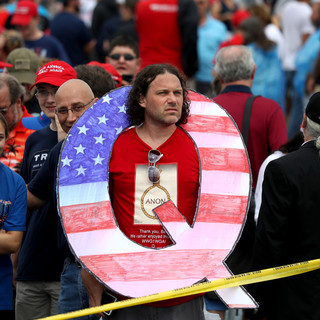August 7, 20195 min read, 1088 words
Published: August 7, 2019 | 5 min read, 1088 words
September 13, 2022For the last half century, the outer limit of free speech in America has been defined by violence. In Brandenburg v. Ohio (1969)—involving an Ohio Ku Klux Klan leader who was arrested following a hate-filled public speech that police saw as advocating for crime—...
CRITIC REVIEWS
There don't seem to be any reviews yet.
PUBLIC REVIEWS
Credible
August 8, 2019
It is important to have this conversation, and the author does well to bring up history and context to the treatment of domestic terrorism by the FBI and others. While I believe the representation of this context is very helpful, the author allows his own emotion and implicit bias to diminish the value of the article later when he speaks about Trump's connection to white nationalism. The author's opinion is made clear at this point.
August 8, 2019
Credible
August 8, 2019
This article does well to report the facts and provide the historical context around free speech laws as they relate to conspiracy theories. I did however expect to see the author show some amount of caution for the ways this could negatively affect the 1st Amendment. For example, at one point believing that the Gulf of Tonkin was a false flag would have been considered conspiracy theory, but today we know it to be true. So the problem with this legal direction, as the author should have pointed out, is that sometimes conspiracy theories are true. And therefor, we must be able to speak freely about them.
August 8, 2019
